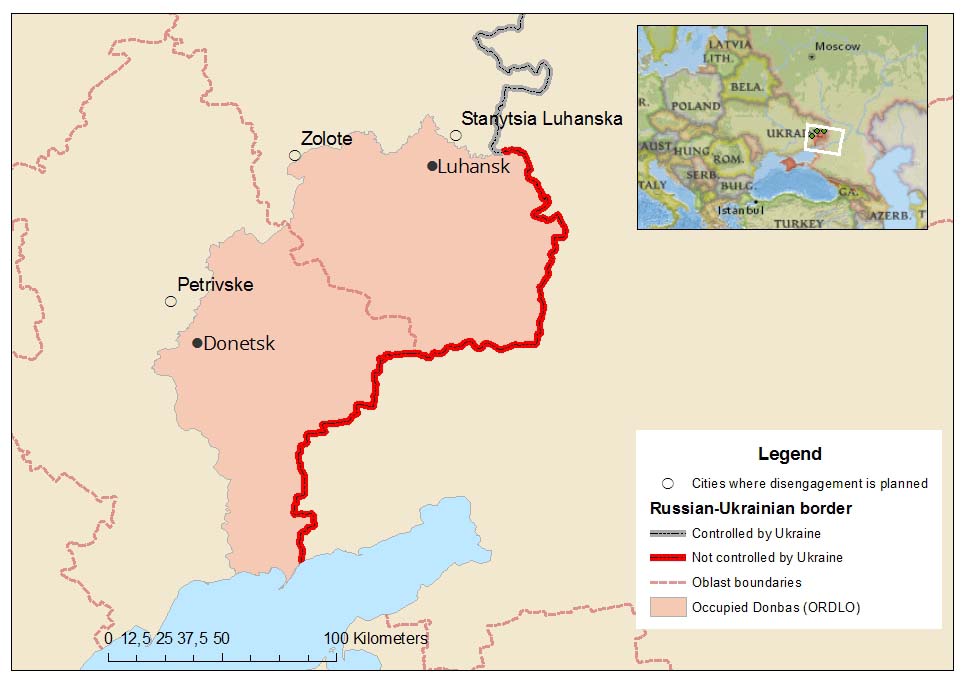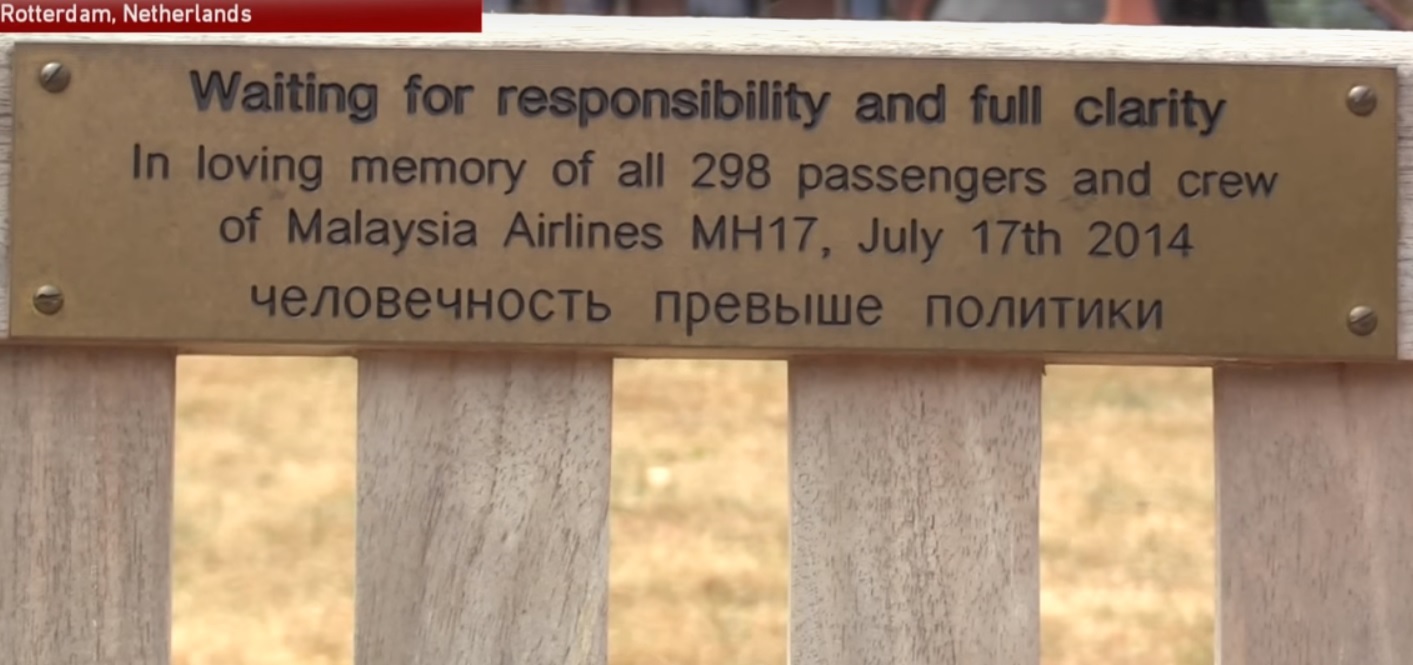OSCE responded to media reports claiming that the Mission is not effectively monitoring the disengagement areas. In the Facebook statement from 12 October, the Mission reassured it was fully supportive of the sides’ efforts to disengage in three zones in Donbas, but admitted its impact and functioning in the Eastern Ukraine is very limited.
Currently, the SMM does not conduct mobile ground patrols at night, the statement says, because of "lack of visibility and for security reasons." In particular, mines pose a great risk and are extremely difficult to spot at night, OSCE said. According to the statement, the armed forces or formations still haven't removed or fenced off explosives and haven't ensured safety and secure access for the SMM to the disengagement areas.
The statement also explains that the SMM has so far been provided an "extensively restricted access" in all three areas and was able to monitor only parts of them. According to OSCE, Joint Centre for Control and Co-ordination still hasn't ensured a rapid response to eventual impediments to the SMM’s monitoring and verification activities or safety and security for the OSCE SMM monitors. The coordination of demining work which was also JCCC's responsibility, "was not observed... in any of the three areas."
- On 11 October, after the video conference of the Trilateral Contact Group representative of Leonid Kuchma, Darka Olifer informed through Facebook that the Ukrainian side was firm with bringing up the question of ORDLO (Separate regions of the Donetsk and Luhansk oblasts) disrupting of the frame agreement about withdrawal of the armed forces, as well as breaking the ceasefire, in Stanytsia Luhanska in particular. According to Olifer, Ukraine also emphasized on constant OSCE monitoring in the disengagement areas.
- According to the Agreement of the Trilateral Contact Group signed on 21 September 2016 in Minsk, military disengagement was planned near three settlements by the demarcation line: Petrivske, Zolote, and Stanytsia Luhanska. Disengagement took place in Zolote and Petrivske, while the terms of disengagement in Stanytsia Luhanska was postponed. Luhansk separatists blamed the Ukrainian side in disruption of fulfilling of the agreement.






